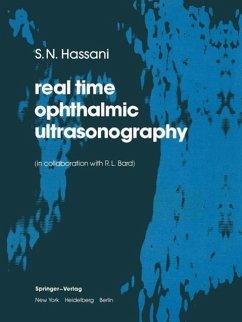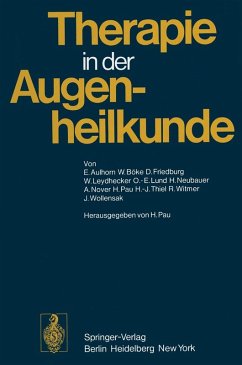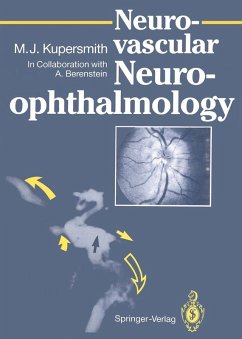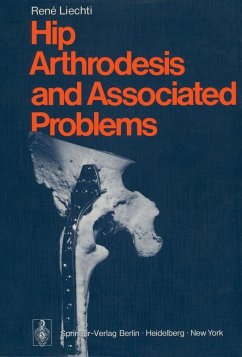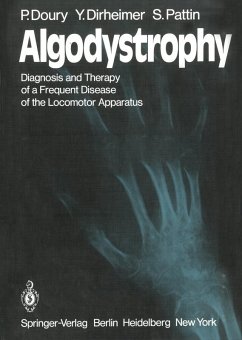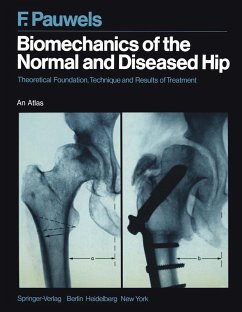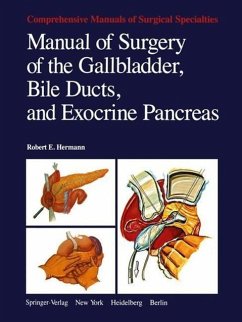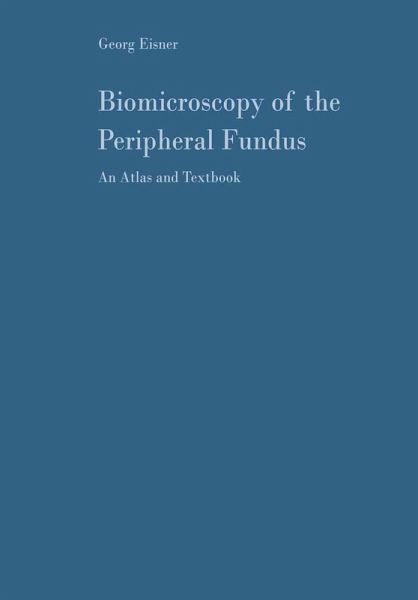
Biomicroscopy of the Peripheral Fundus (eBook, PDF)
An Atlas and Textbook
Illustrator: Hess, W.
Versandkostenfrei!
Sofort per Download lieferbar
40,95 €
inkl. MwSt.
Weitere Ausgaben:

PAYBACK Punkte
20 °P sammeln!
It gives me particular pleasure to write the foreword to this book; this is largely due to the fact that I have devoted a substantial part of my life to the improve ment of the methods used in ophthalmic research. Rarely has one of my students taken the opportunity of dealing systematically with the possibilities of these methods. Dr. Eisner is, however, one of these exceptions. First, he has substantially improved the indentation contact glass; secondly, he has, with untiring enthusiasm, made a systematic collection of the normal and pathologic findings, which, with the help of the indentatio...
It gives me particular pleasure to write the foreword to this book; this is largely due to the fact that I have devoted a substantial part of my life to the improve ment of the methods used in ophthalmic research. Rarely has one of my students taken the opportunity of dealing systematically with the possibilities of these methods. Dr. Eisner is, however, one of these exceptions. First, he has substantially improved the indentation contact glass; secondly, he has, with untiring enthusiasm, made a systematic collection of the normal and pathologic findings, which, with the help of the indentation contact glass and the slit lamp, can be observed in the outermost periphery of the fundus and the ciliary body. He has compared them to findings obtained with slight magnification in autopsy eyes and to histological sections. Owing to a fortunate circumstance, W. Hess, who is both an excellent draughts man and a master of the special examination technique, was able to reproduce the visual phenomena faithfully. The reader who tries to interpret these illustrations spatially will discover that this was often not easy. It is a process which requires a certain effort of imagi nation of space, but which is very rewarding. Dr. Eisner's monograph is an introduction to a little-known branch of biomicroscopy which broadens our means of diagnosis and promises further interesting aspects for the future. I wish him well-earned success.
Dieser Download kann aus rechtlichen Gründen nur mit Rechnungsadresse in A, B, BG, CY, CZ, D, DK, EW, E, FIN, F, GR, HR, H, IRL, I, LT, L, LR, M, NL, PL, P, R, S, SLO, SK ausgeliefert werden.



